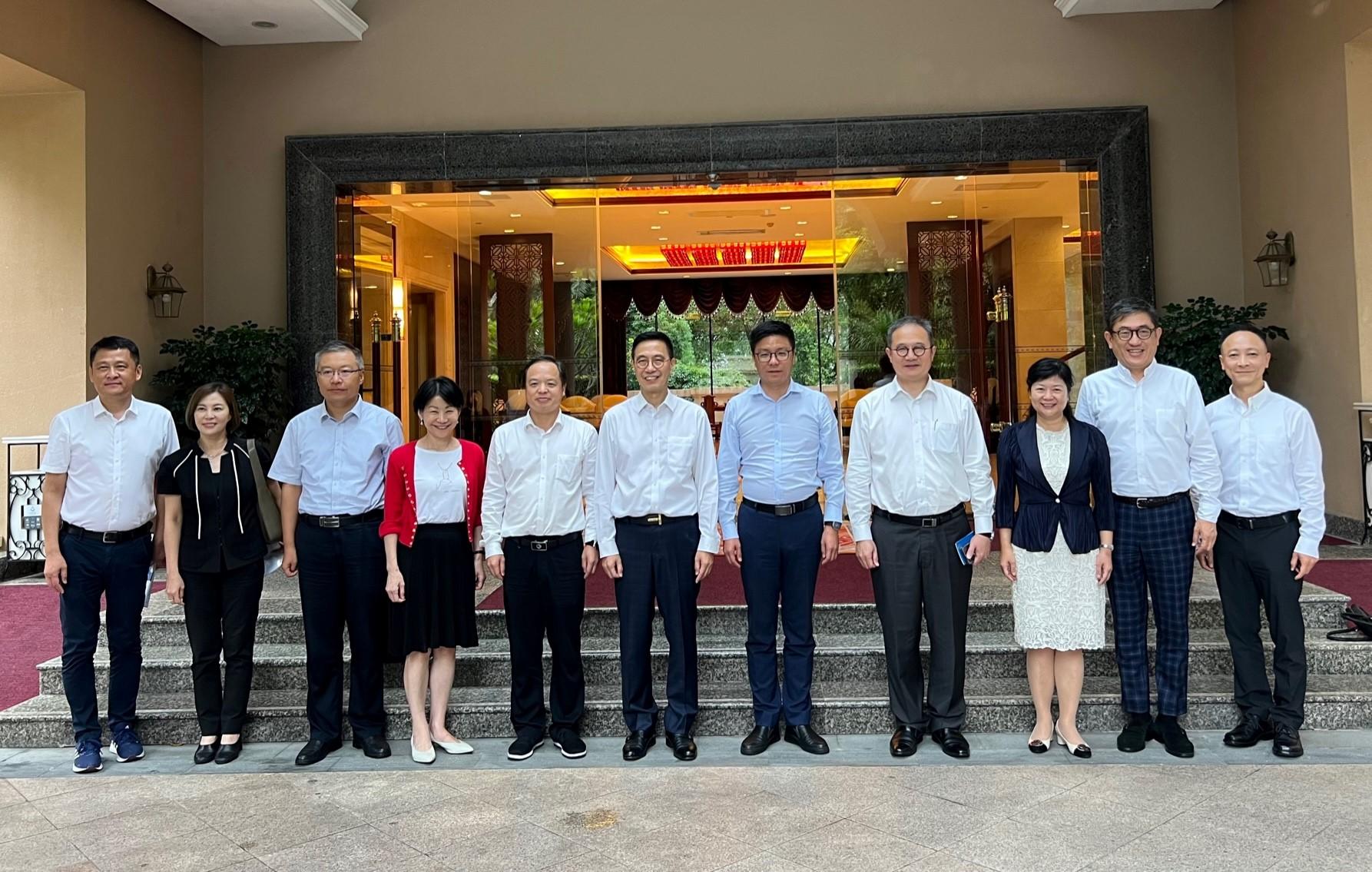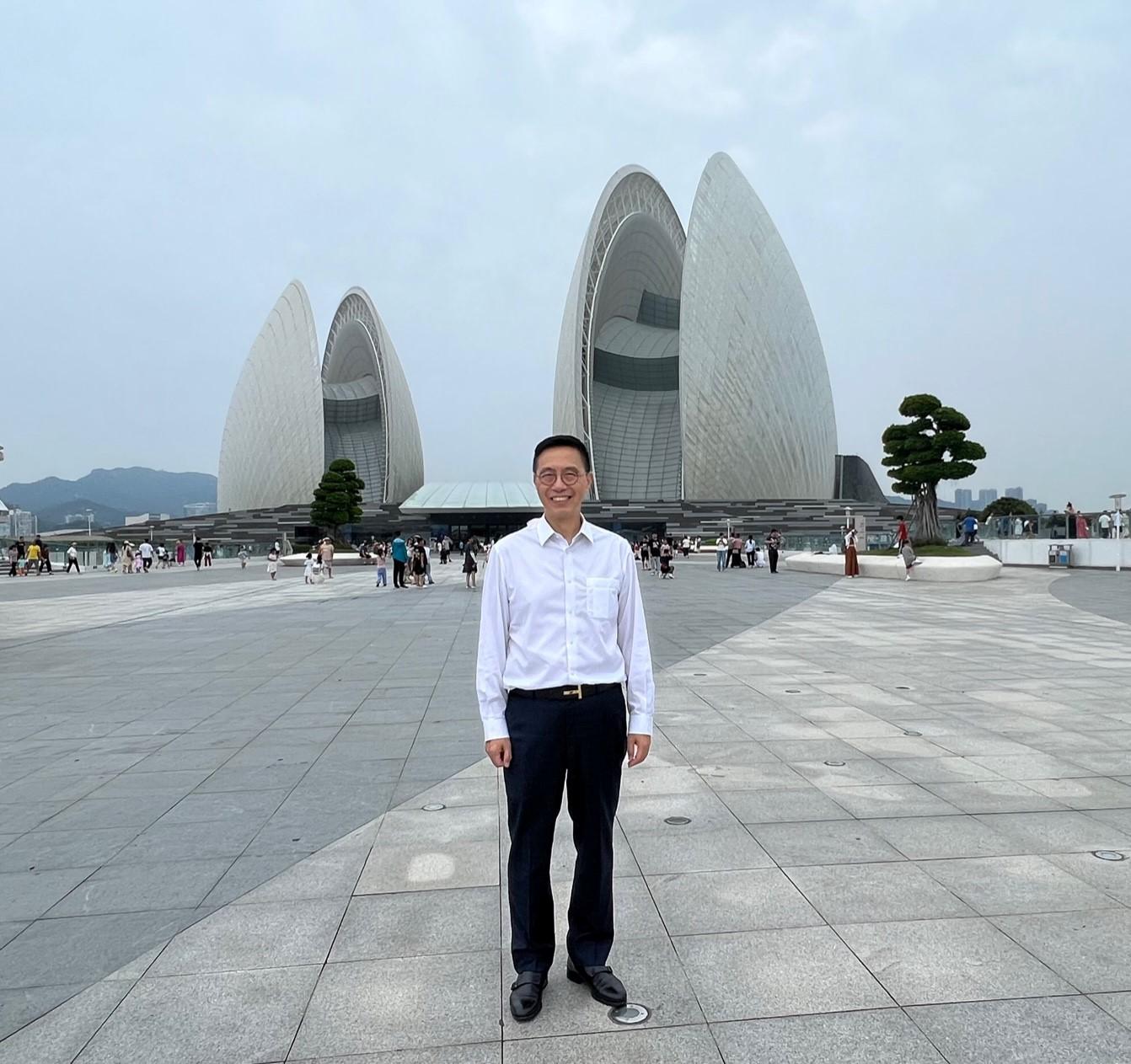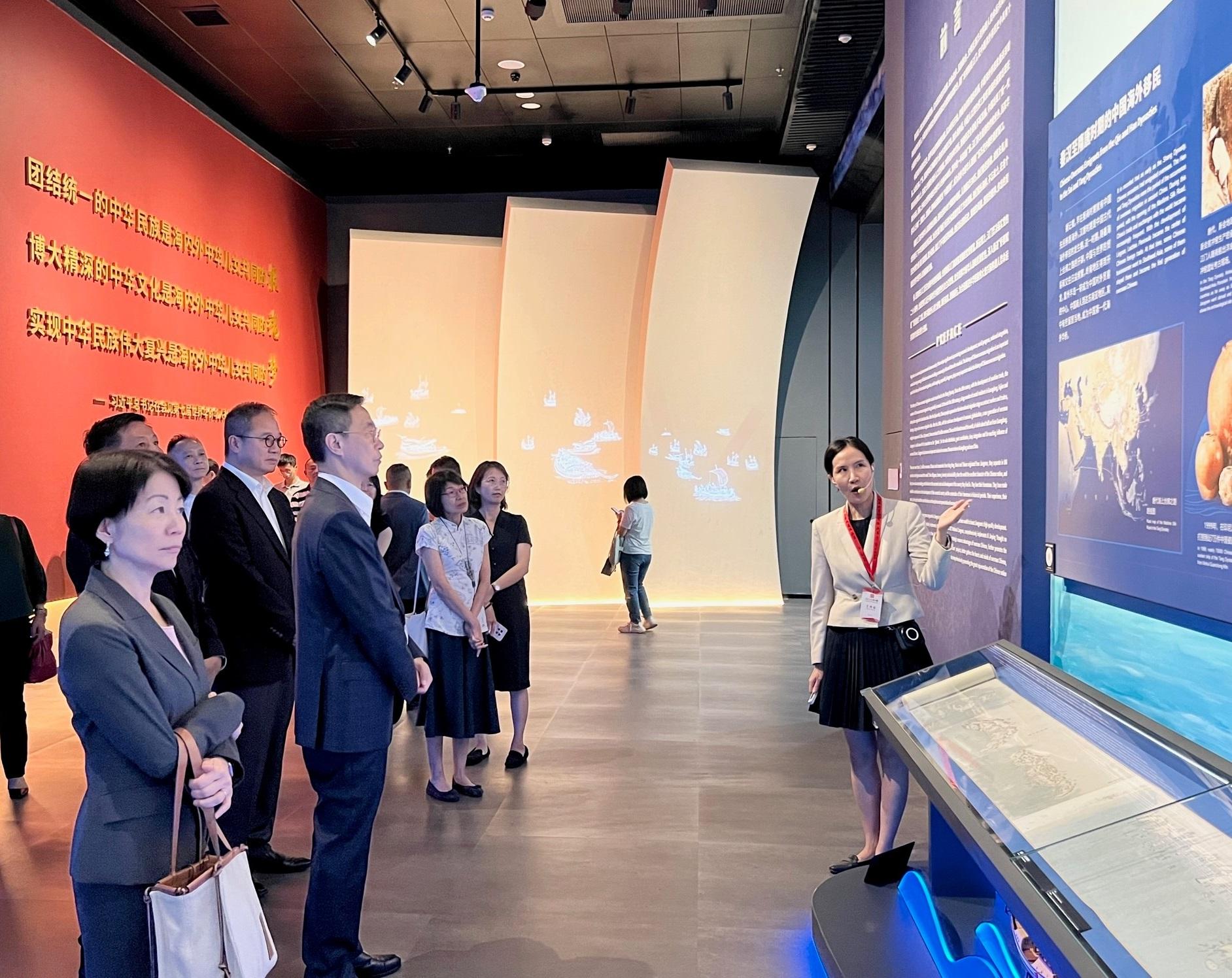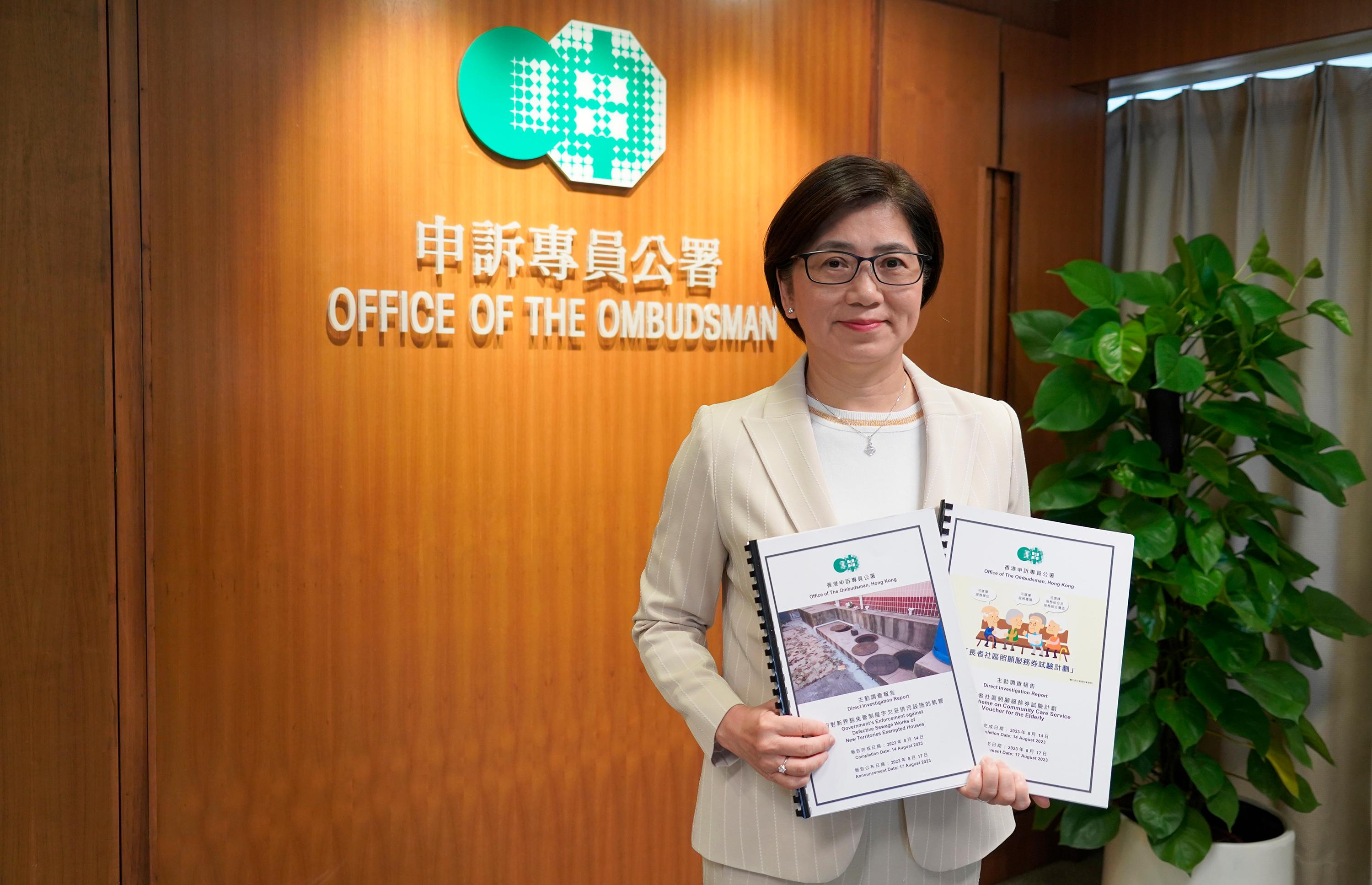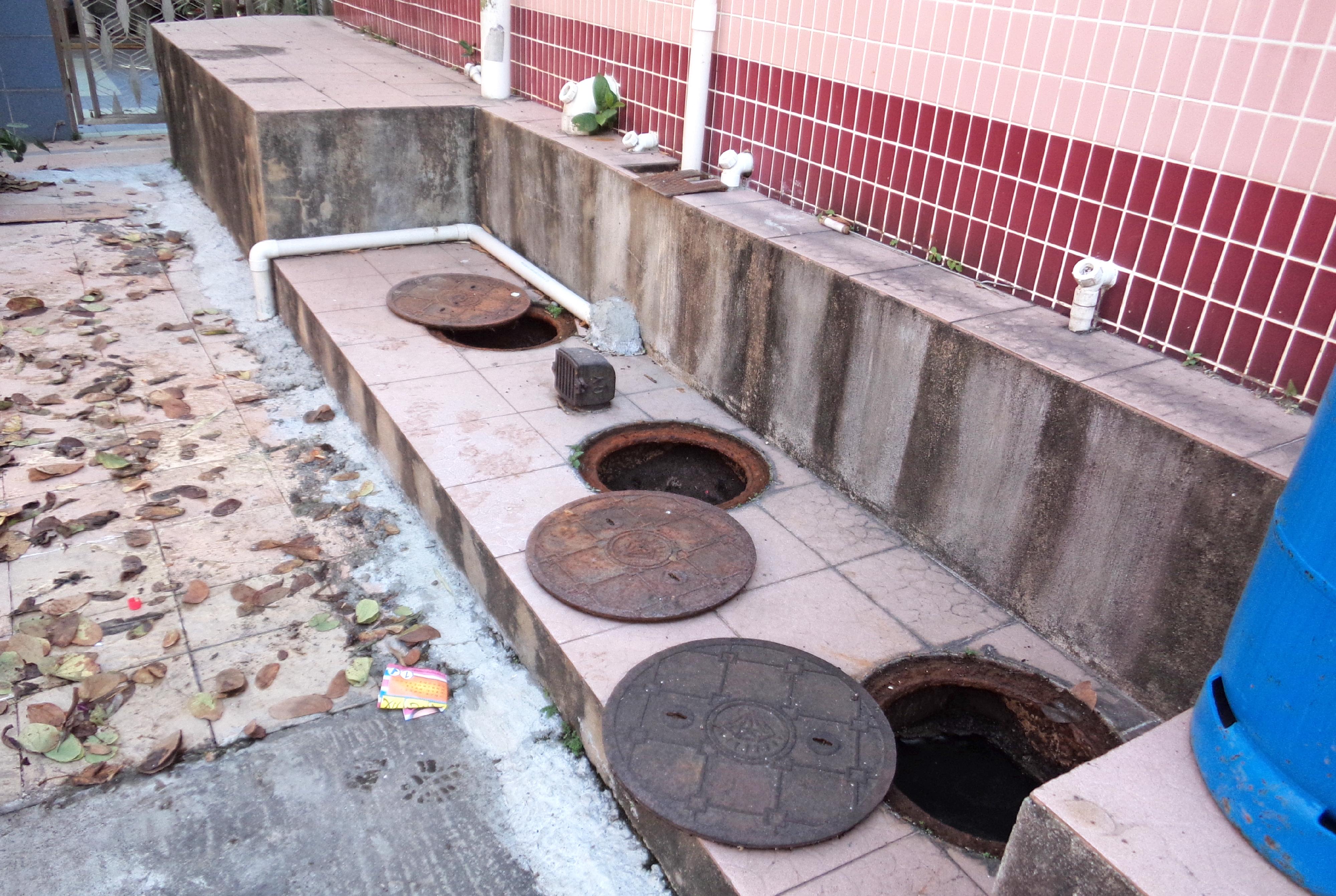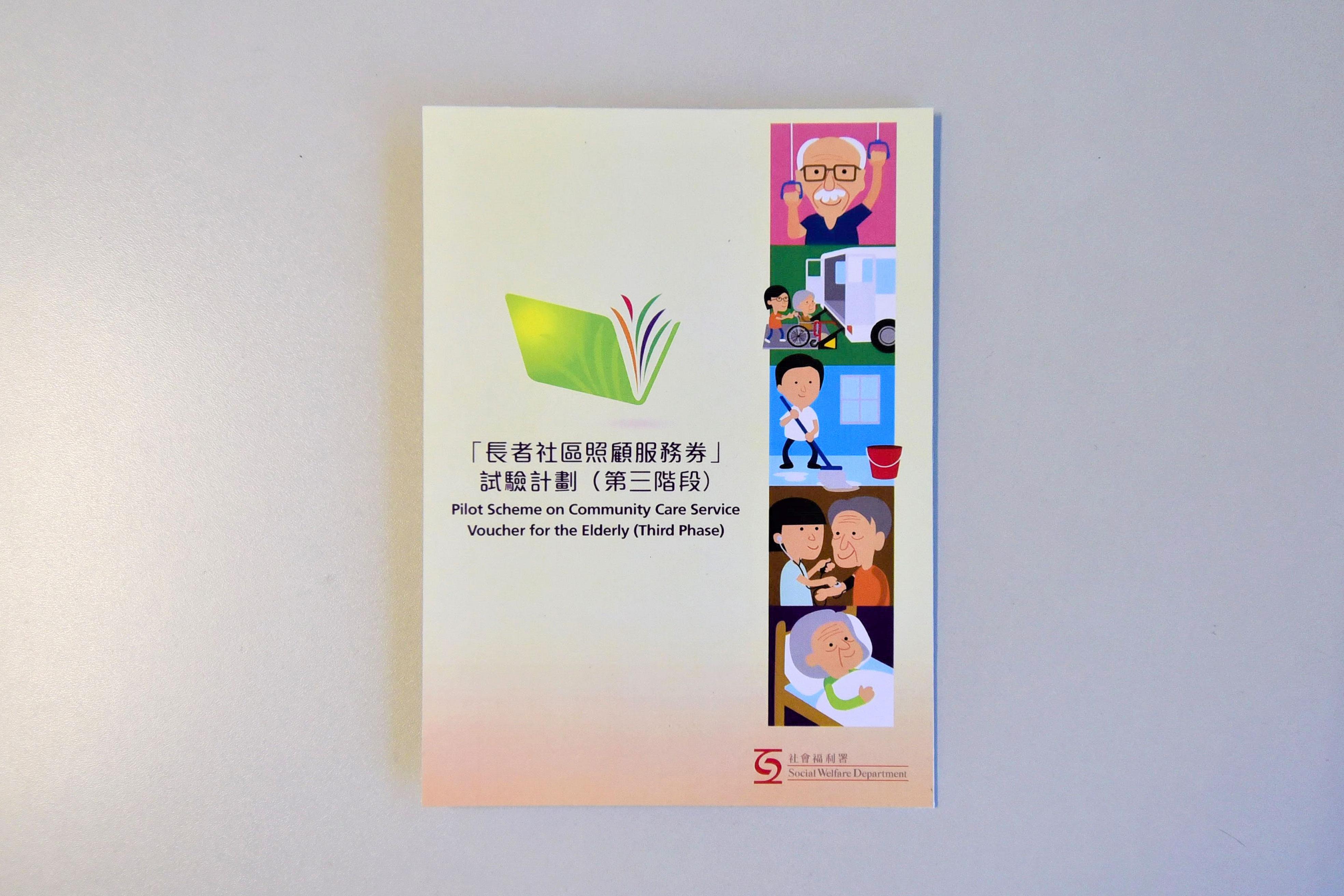The following is issued on behalf of the Office of The Ombudsman:
The Ombudsman, Ms Winnie Chiu, announced at a press conference today (August 17) the completion of a direct investigation into the Pilot Scheme on Community Care Service Voucher for the Elderly (the Pilot Scheme) and made 11 recommendations to the Social Welfare Department (SWD) for improvement.
In September 2013, the Government introduced the Pilot Scheme to support frail elderly persons to age in place under the “money-following-the-user” mode. With its second and third phases entered upon in October 2016 and October 2020 respectively, the Pilot Scheme has been in operation for about a decade. Based on their individual needs, holders of community care service vouchers (CCS vouchers) can receive day care service and home care service offered by service providers recognised by the SWD. The Chief Executive has stated in the 2022 Policy Address that the Pilot Scheme will be regularised in the third quarter of 2023 and the number of beneficiaries will increase in phases, from 8 000 at present to 12 000 in 2025/26. The coverage of the Pilot Scheme will also be expanded to include the rental of assistive technology products.
An investigation by the Office of The Ombudsman revealed that as the operation of the Pilot Scheme is essentially different from that of traditional subsidised services, both the market and elderly participants needed time to understand and familiarise themselves with it. In the second and third phases of the Pilot Scheme, the SWD introduced various enhancement measures. Some of these measures, for example, extending the eligibility of recognised service providers (RSPs) to include private organisations, and expanding the coverage of the Pilot Scheme from eight districts to all 18 districts throughout the territory could not be achieved immediately. Hence, it is understandable that the SWD has taken a relatively long period of time to test the measures and operation of the Pilot Scheme for enhancement.
The Office’s investigation also found that the SWD’s proactive steps to send invitation letters to eligible elderly persons and issue CCS vouchers have helped lift the utilisation rate (i.e. the percentage of the number of voucher holders actively using the services over the quota of vouchers) from around 60 per cent in the second phase to 86 per cent near the end of the third phase (as at the end of December 2022). The SWD’s practice has improved the utilisation of the voucher quota and is worthy of recognition. The Office’s findings revealed that many elderly persons waitlisted for community care services (CCS) on the Central Waiting List for Subsidised Long Term Care (LTC) Services (Central Waiting List) actually applied for CCS vouchers to meet potential needs before they were granted traditional subsidised services. In fact, this is in line with the SWD’s positioning of CCS vouchers as an additional option for elderly persons on the Central Waiting List to receive assistance with the vouchers issued when necessary. Under the Pilot Scheme, RSPs apply for reimbursement on an accountable basis. Unused CCS vouchers, therefore, will not waste public money or occupy resources of RSPs.
Regarding the local supply and demand of services, information showed that the supply and demand of home-based services in different districts could generally maintain a balance. As for services provided by day care centres (i.e. centre-based services), there was a deficit of service places in six districts, namely the Eastern District, the Southern District, Wong Tai Sin District, Sha Tin District, Islands District and Yuen Long District, assuming that one service place could accommodate 1.5 elderly persons. It is necessary for the SWD to invite more organisations to provide or extend services in districts with keen demand. Moreover, the SWD currently takes into account various pieces of data and information when analysing the demand and supply of services at the district level. The Office is of the view that the SWD should incorporate more data to ensure a comprehensive analysis.
In the second phase of the Pilot Scheme, the SWD set up a centralised team to support voucher holders, in collaboration with their responsible workers (Note), to help them better utilise voucher services by assisting them to resolve problems encountered, including providing assistance on service matching. In recent years, the centralised team has received fewer enquiries, indicating that elderly persons and stakeholders concerned have become more familiar with the operation and usage of CCS vouchers. There have also been fewer complaints against RSPs of late. Between April 2018 and December 2022, the SWD received only 18 complaints, of which only nine were substantiated or partially substantiated. Nevertheless, many elderly persons in Hong Kong do not have children or carers, and they are in need of greater assistance when using CCS vouchers.
On the other hand, the SWD conducts annual service monitoring visits at day care centres under RSPs and the homes of users receiving home care services to monitor the service quality of RSPs, with a view to ensuring their compliance with all the SWD’s requirements. The Office’s investigation revealed that the SWD’s mechanism of conducting service monitoring visits has generally operated well and served its purpose. However, the SWD randomly interviewed only one voucher holder of centre-based services in nearly all the service monitoring visits conducted between April 2021 and December 2022. Regarding home-based services, two voucher holders were randomly interviewed in only about 20 per cent to 30 per cent of the visits.
Information of the SWD showed that between April 2017 and December 2022, about 200 to 500 voucher holders had switched RSPs each year, but the SWD had not maintained statistical information on the reasons for their change. During the direct investigation, the Office had used the search engine on the SWD’s Elderly Information website to randomly check the information of some RSPs. The Office found that information on the number of service places and vacancy of some of these RSPs were last updated three months to more than two years ago. Although the vacancy for service places might remained unchanged for a relatively long period of time due to the COVID-19 pandemic, the situation might have caused a misunderstanding that the vacancy information had expired. The Office is pleased to note that the SWD will upgrade the information technology system in the third quarter of 2023, so as to allow voucher holders to process real-time checks on information about their vouchers and service records as well as vacancies for service places of RSPs.
Ms Chiu said, “In conclusion, the operational arrangements for the Pilot Scheme on Community Care Service Voucher for the Elderly have been enhanced in various ways with more obvious progress in recent years. That said, there are still areas for improvement. As the Government will regularise the Pilot Scheme and progressively increase the quota, we hope that the SWD can implement our recommendations promptly to further enhance its utilisation rate and service quality.”
The Office’s major recommendations made to the SWD include:
- Continue with its endeavours to encourage eligible elderly persons newly added to the Central Waiting List to apply for CCS vouchers, and regularly (e.g. once every year) approach those voucher holders who have not used the vouchers received in order to identify potential areas for service improvement and re-examine elderly persons’ service needs in collaboration with responsible workers and help them choose suitable RSPs or service packages;
- Obtain from RSPs the list of elderly persons waiting for their services, approach other RSPs and the voucher holders on the list and attempt to make matching suggestions so that those elderly persons can receive necessary services as soon as possible;
- Expedite its study and test on allowing voucher holders to purchase services from more than one RSP concurrently for early implementation so that elderly persons can enjoy services under the scheme more flexibly;
- Continue to regularly provide up-to-date statistics and information about the supply and demand of CCS voucher services in each district to existing and potential RSPs, and invite more organisations to offer services or extend the modes and coverage of services in districts with keen demand so that more centre-based service places can be provided to local or cross-district elderly users;
- Incorporate the number of active voucher holders residing in each district (including elderly persons using local services and those using cross-district services) in the analysis of the demand and supply of services at district level for a more comprehensive result;
- Provide more support to voucher holders without children or carers by, for example, proactively telephoning them on occasions other than the standard contact time points so as to understand how they have been using the vouchers and offer assistance where necessary;
- Instruct its staff to conduct random interviews with at least two users or their carers during service monitoring visits for both centre-based services and home-based services so as to step up the monitoring of the service quality;
- Upon receiving notification of voucher holders’ leaving the original RSPs, approach the voucher holders concerned to understand their reasons for switching RSPs. In case it is due to the service quality of the original RSPs, the SWD should duly follow up on the matters;
- Require RSPs to provide timely updates on the vacancy for service places and step up the monitoring of their compliance with the requirement. As a further measure, the SWD should modify the functions of the Elderly Information website to allow voucher holders or carers to check the real-time vacancy for service places, saving them the trouble of calling individual RSPs for such information; and
- Consider arranging more newspaper or television interviews with real cases cited to promote voucher services among elderly persons and carers, so as to attract more eligible elderly persons to use such services.
The SWD has generally accepted the Office’s recommendations and is taking positive steps to implement them.
The full investigation report has been uploaded to the website of the Office of The Ombudsman at
www.ombudsman.hk for public viewing.
Note: Responsible workers refer to social workers working for the service units under the Government or non-governmental organisations, which are responsible for assisting elderly persons by following up on their registration and allocation of LTC services.
read more



